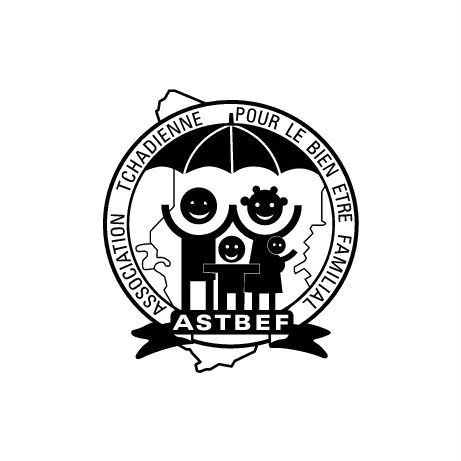

| 31 March 2016
Association Tchadienne pour le Bien-Etre Familial
When the Association Tchadienne pour le Bien-Être Familial (ASTBEF) was formed in 1991, no one was under any illusions that it was faced with an almost impossible task as the international indices for sexual and reproductive health (SRH) demonstrate. Some suggested that it would be overwhelmed and would simply not survive. Over 20 years down the line, the organisation is thriving, thanks in large part to an immensely committed team of staff, over 1,000 volunteers, peer educators, and a strong youth action movement. The organisation runs static clinics and a number of mobile operations which offer voluntary counselling and testing (VCT) for HIV, post-abortion care, antenatal and post-natal care, treatment of opportunistic infections, treatment of male and female infertility, pre-marital counselling, and advocacy against harmful cultural practices such as female genital mutilation and gender based violence. ASTBEF has made a considerable impact on the country’s SRH activity by integrating family planning with maternal and infant health, HIV and AIDS services, and youth-friendly education programmes and service provision. ASTBEF works in partnership with the government’s Global Fund National Coordination Council, and the High Commission for Population and Human Resources National Reproductive Health Programme Supporting Committee. Non-governmental organisation (NGO) links include the Comité d’information et de liaison and the Organisation des Acteurs non Etatiques (OANET). Private sector partners include PPFAI, NACA, HAPAC, SFH, The Central Bank of Nigeria, CAP Plc, and Nigeria Breweries, and donors who support ASTBEF’s work include UNFPA, UNICEF, PNUD, Médecins du Monde, the US Embassy, PSR, GTZ, the Ministry of Social Action and Family Affairs.

| 31 March 2016
SECS – Contraception and Sexual Education Society, Romania
SECS was founded in 1990 with the help of the IPPF (International Planned Parenthood Federation) to meet the needs of information, education and service provision in the fields of sexuality and family planning. Since then, the SECS has continued to militate for reproductive rights and reproductive health in Romania. Over the years, SECS has been an educator, opinion leader and pioneer in providing family planning services. Through its mobilization programmes, the organization has succeded in catalisying governamental organisations and non-governamental organisations from 11 urban communities to create sustainable partnerships (Local Coordination Groups) who have developed and implemented their own local plans for educating disadvantaged population through the local community resources. SECS promotes through its programmes the importance of local partnerships to being the key to identify the existing needs and the sustainable solutions for implementing them. SECS played a major role in the National Family Planning Program and supported the creation of a coherent network of supporters of reproductive health in Romania. Our organization holds the position of national leader in family planning programs, and for seven years has been a partner for Head of the Ministry of Health in initiation, implementation and monitoring of The National Family Planning Program in the health reform process. Through this program SECS has provided technical assistance for the Public Health Authorities of all the counties of the country and in collaboration with them has contributed to the medical continuum education process of 5,300 family doctors and 4,000 medical schools nurses in rural areas. Believing that that the population's access to information and education must be one continuous process, the SECS initiated Community mobilization and training programmes both in rural and urban areas, strategic and sustainable programmes. Key areas of expertise: Providing technical assistance in initiation, implementation, monitoring and program evaluation, both at the national and international level, training of medical staff in family planning, financial management of medical offices. Adult education (communication,fundraising, growing the level of awareness on some community issues, volunteering, advocacy, respect for sexual and reproductive rights for humans with special needs). Training peer educators both for young people and for adults, community mobilization programs through developing multi-sectoral groups and optimal use of local resources. Logistic system development and implementation for monitoring the distribution of some products within public health programs, communication campaigns who are targeting behaviour change. Advocacy programs. Understanding the reproductive health needs of people living with learning disabilities.







